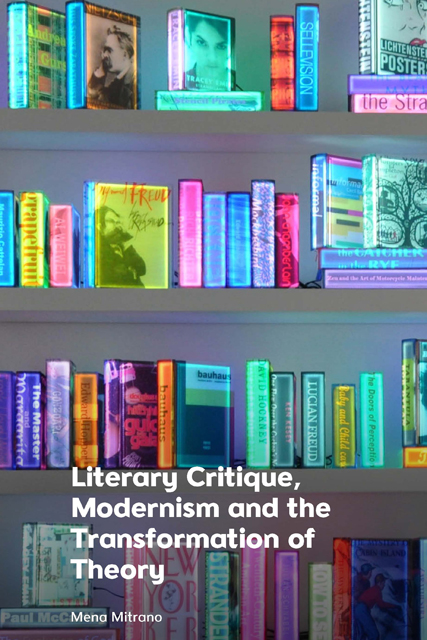Book contents
- Frontmatter
- Contents
- List of Figures
- Acknowledgments
- Introduction
- 1 What is Critique?: Three Types of Indocility
- 2 Theory: Thinking with Literature
- 3 What is a Critic?: Weak Thought, Weak Theory, Italian Theory
- 4 Language: The Return to Saussure
- 5 Tradition: Eliot and Work
- 6 Text and Method: Cixous–Joyce–Lispector
- 7 Poststructuralism: Faith and Lacan
- Conclusion: Depending on Your Neighbor
- Bibliography
- Index
5 - Tradition: Eliot and Work
Published online by Cambridge University Press: 25 April 2023
- Frontmatter
- Contents
- List of Figures
- Acknowledgments
- Introduction
- 1 What is Critique?: Three Types of Indocility
- 2 Theory: Thinking with Literature
- 3 What is a Critic?: Weak Thought, Weak Theory, Italian Theory
- 4 Language: The Return to Saussure
- 5 Tradition: Eliot and Work
- 6 Text and Method: Cixous–Joyce–Lispector
- 7 Poststructuralism: Faith and Lacan
- Conclusion: Depending on Your Neighbor
- Bibliography
- Index
Summary
Between the potency
And the existence
…
Falls the Shadow
T. S. Eliot, “The Hollow Men”Overview
In Chapter 3 we discussed the latent thought without nation, alternative to poststructuralism, coexisting with it but also exceeding it, which Esposito calls “living thought.” In that discussion, Esposito’s turn to literary critic Adriano Tilgher (1890–1941) exemplified the annexation of the modernist motif of the conflict between Life and Form. Living thought reactivates the meaningfulness of that motif, directing the concerns of critique toward life as “a force that exceeds the limits of any economy” (Da Fuori 165). Living thought enfolds at least two different temporalities one in the other—that of modernism and that of poststructuralism—appealing to modernism in order to mobilize what remains lateral and undescribed under the agenda of poststructuralism with its belief in the power of language to mediate experience through and through. We have seen in the previous chapter how, with the return to Saussure, language itself remains an incomplete modernist motif. We said that the theory of language becomes compellingly interwoven with the problem of human multiplicity, which persists and is amplified as a concern of contemporary theorists. In this way, modernism and theory have emerged as disjunctive yet collaborative temporalities. Briefly said, this chapter enlists Eliot in living thought. We shall see how his theory of literature flows from the conflict of Life and Form, breaking down tradition as a temporal sequence of authors and works in favor of a plane of repetition and méconnaissance. This is not of course the same as Esposito’s plane of coevalness but precedes it, as do Benjamin’s and Warburg’s planes discussed in Chapter 2.
To introduce the chapter in more detail, it is helpful to start with Eliot’s distinctive trait, which is undoubtedly his turn from philosophy to poetry. To a certain extent, it meant a change in the focus of his attention from conceptual systems to the practice of the writing life. While the turn has been superbly illuminated by Jewel Spears Brooker, here we will concentrate on something that is part and parcel of the Eliot persona: his projection of himself as a practitioner of a writing life that overlaps with ordinary life.
- Type
- Chapter
- Information
- Literary Critique, Modernism and the Transformation of Theory , pp. 148 - 188Publisher: Edinburgh University PressPrint publication year: 2022



